Detoxification Overview
Detoxification allows your body to rid itself of harmful chemicals that have accumulated over time. These chemicals are byproducts of natural processes within the body and are the foreign substances that are introduced to the body through food, air, or other environmental factors. The liver, kidneys, colon, lungs, lymph system, blood, and skin are the organs responsible for detoxifying the body.
Reasons for Detoxification
The human body is in a constant state of homeostasis, continually moving toward balance by cleansing, detoxing and regenerating itself. This allows the body to function without the interruptions of illness or disease. However, due to the Standard American Diet (SAD), stress, lifestyle choices (smoking, alcohol consumption, etc.) and the onslaught of chemicals (hairsprays, pollution, etc.) around us, our bodies have a hard time keeping up with the process of breaking down and eliminating toxins. Thus, there are times when people may choose to complete a full body detox to cleanse the skin, lymphatic system, intestines, liver, lungs, and kidneys.
Where to Start
There are hundreds of detox plans available. A full body detox starts by giving your body a break from the daily chemical onslaught and from digesting heavy foods so that it can work instead of cleansing and regenerating tissues and organs. This means giving your body what it needs to cleanse: plenty of water, vitamins, minerals, and nutrients–the building blocks of healthy cells. The way to get more vital nutrients is to consume fresh juices and soups, supplements, and water.
What to Drink and Eat
The liquid full body detox diet involves consuming only raw, alkalizing, liquid foods and drinks, such as 100-percent fresh vegetable juices and soups with additional supplements such as omega oils, vitamins, minerals, green drinks (made of powdered grasses like wheatgrass) and cleansing aids. Juicing fresh vegetable juices like kale, spinach, parsley, and romaine is ideal for detoxing. Juices with a lot of sugar and packaged juices are not substitutes for freshly juiced greens and should not be used during a cleanse. If you cannot make fresh juice, make another green drink to substitute. You may elect to include herbal supplements that target the liver or kidney, helping them to regenerate and cleanse. Water is an essential part of any detoxing plan.
How to Follow the Detoxification Diet
- Begin each morning by drinking a cleansing aid and taking the detox supplements (if you choose to include these) on an empty stomach.
- By 7 a.m., you can enjoy 1 liter of water with the vitamin, mineral and omega oil supplements.
- At 8:30 a.m., juice some fresh vegetables to make a green drink. Add a bit of lemon or an apple to help cut the “green” taste.
- At 11 a.m, drink another liter of water. At noon, have another cleansing aid and detox supplement on an empty stomach. After 30 minutes, enjoy a bowl of raw soup.
- At 1 p.m drink 1 liter of water.
- At 4 p.m make another green drink.
- At 5:30 p.m make another green drink or another bowl of raw soup.
- Before bed drink the last cleansing aid of the day and your final detox supplement.
A cleanse can last anywhere from 2 to 10 days, depending on your desired results.
What to Expect From Detoxification
Many people experience increased energy levels, clearer skin, and brighter eyes after following a detox diet. Detoxification will boost the immune system and lead to greater mental clarity and increased self-confidence. During the fast, you will have an increased need to urinate, but you should not experience diarrhea, nausea, or cramping. If you do experience these symptoms, stop the fast, and consult your doctor.
Warnings
- If you have any medical conditions, discuss a detox diet with your doctor before beginning.
- Drink enough water during the diet, as it is a vital part of the cleansing process.
- Research before you begin a detox diet. Quality plans include the supplements and cleansing aids as well as time frames for the diet.
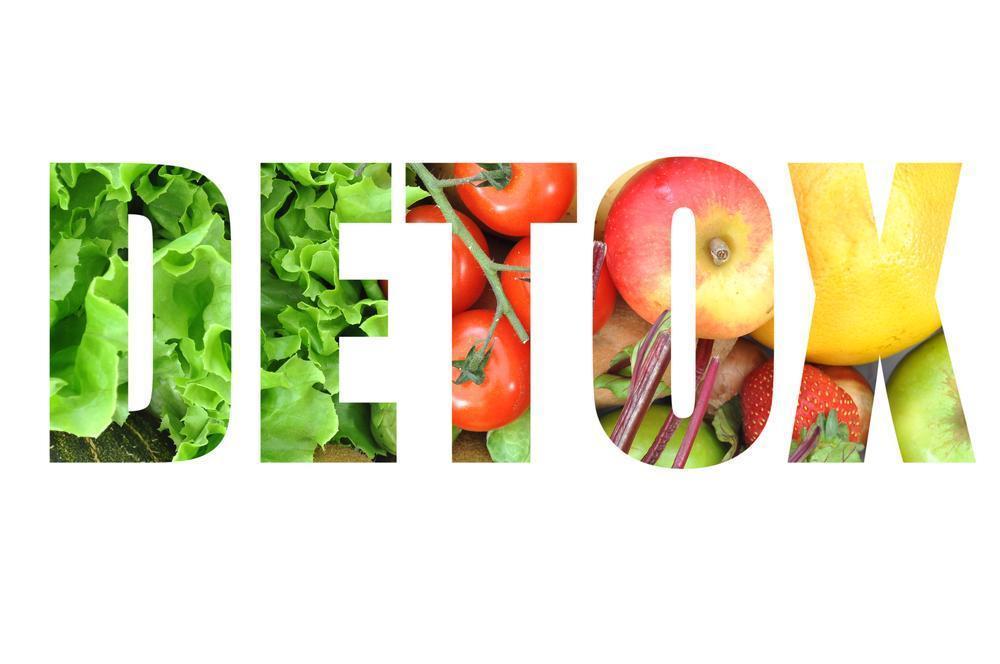

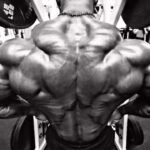
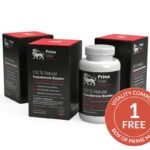
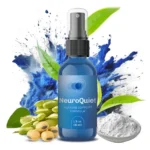
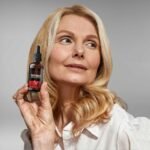
Leave a Reply